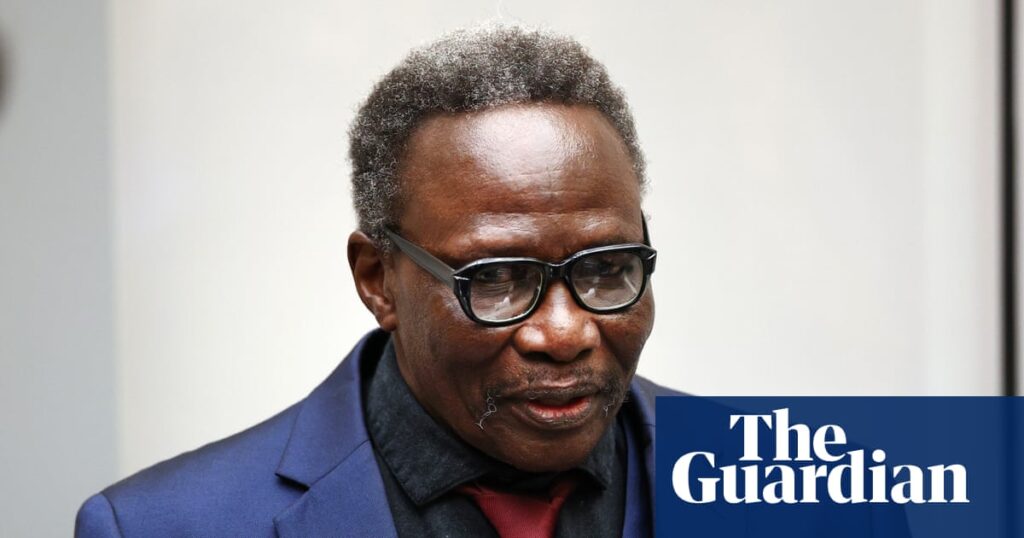The international criminal court has convicted a leader of the Janjaweed militia of playing a leading role in a campaign of atrocities committed in the Sudanese region of Darfur more than 20 years ago.
It was the first time the court had convicted a suspect of crimes in Darfur. The court ruled that the atrocities, including mass murders and rapes, were part of a government plan to snuff out a rebellion in the western region of Sudan.
Ali Muhammad Ali Abd–al-Rahman, also known by the nom de guerre Ali Kushayb showed no emotion as the presiding judge, Joanna Korner, read out 27 guilty verdicts.
“The chamber is convinced that the accused is guilty beyond reasonable doubt of the crimes with which he has been charged,” said Korner. She added that sentencing would take place at a later date.
Korner detailed harrowing accounts of gang rapes, abuse and mass killing. She said that on one occasion, Abd-al-Rahman loaded about 50 civilians on to trucks, beating some with axes, before making them lie on the ground and ordering his troops to shoot them dead.
“The accused was not only giving orders … but was personally involved in the beatings and later was physically present and giving orders for the execution of those detained,” said the ICC judge.
Prosecutors had accused Abd-al-Rahman of being a leading member of Sudan’s infamous Janjaweed militia, which participated “enthusiastically” in war crimes.
But Abd-al-Rahman, who was born around 1949, has denied all the charges, telling the court they had the wrong man.
“I am not Ali Kushayb. I do not know this person … I have nothing to do with the accusations against me,” he told the court at a hearing in December 2024.
But Korner said the court was “satisfied that the accused was the person known … as Ali Kushayb”, dismissing defence witnesses who had denied that.
Abd-al-Rahman fled to Central African Republic in February 2020 when a new Sudanese government announced its intention to cooperate with the ICC investigation.
He said he then handed himself in because he was “desperate” and feared authorities would kill him.
Fighting broke out in the Darfur region when non-Arab tribes, complaining of systematic discrimination, took up arms against Khartoum’s Arab-dominated government.
The then Sudanese government responded by unleashing the Janjaweed, a force drawn from among the region’s nomadic tribes.
The United Nations has said that 300,000 people were killed and that 2.5 million others displaced by the Darfur conflict in the 2000s.
During the trial, the ICC chief prosecutor said Abd-al-Rahman and his forces “rampaged across different parts of Darfur”.
He “inflicted severe pain and suffering on women, children and men in the villages that he left in his wake”, said Karim Khan, who has since stepped down as he faces allegations of sexual misconduct.
Abd-al-Rahman is also thought to be an ally of the deposed Sudanese president Omar al-Bashir, who is wanted by the ICC on genocide charges.
Bashir, who ruled Sudan with an iron fist for nearly three decades, was ousted and detained in April 2019 after months of protests in Sudan.
He has not, however, been handed over to the ICC, based in The Hague, where he also faces charges of war crimes and crimes against humanity.
ICC prosecutors are hoping to issue fresh arrest warrants related to the current crisis in Sudan.
Since 2023, tens of thousands have been killed and millions displaced in a war between Sudan’s army and the paramilitary Rapid Support Forces, which grew out of the Janjaweed militia.
The conflict, marked by claims of atrocities on all sides, has left the north-east African country on the brink of famine, according to aid agencies.

